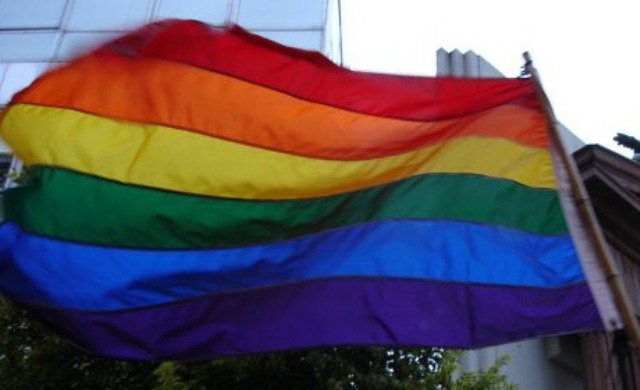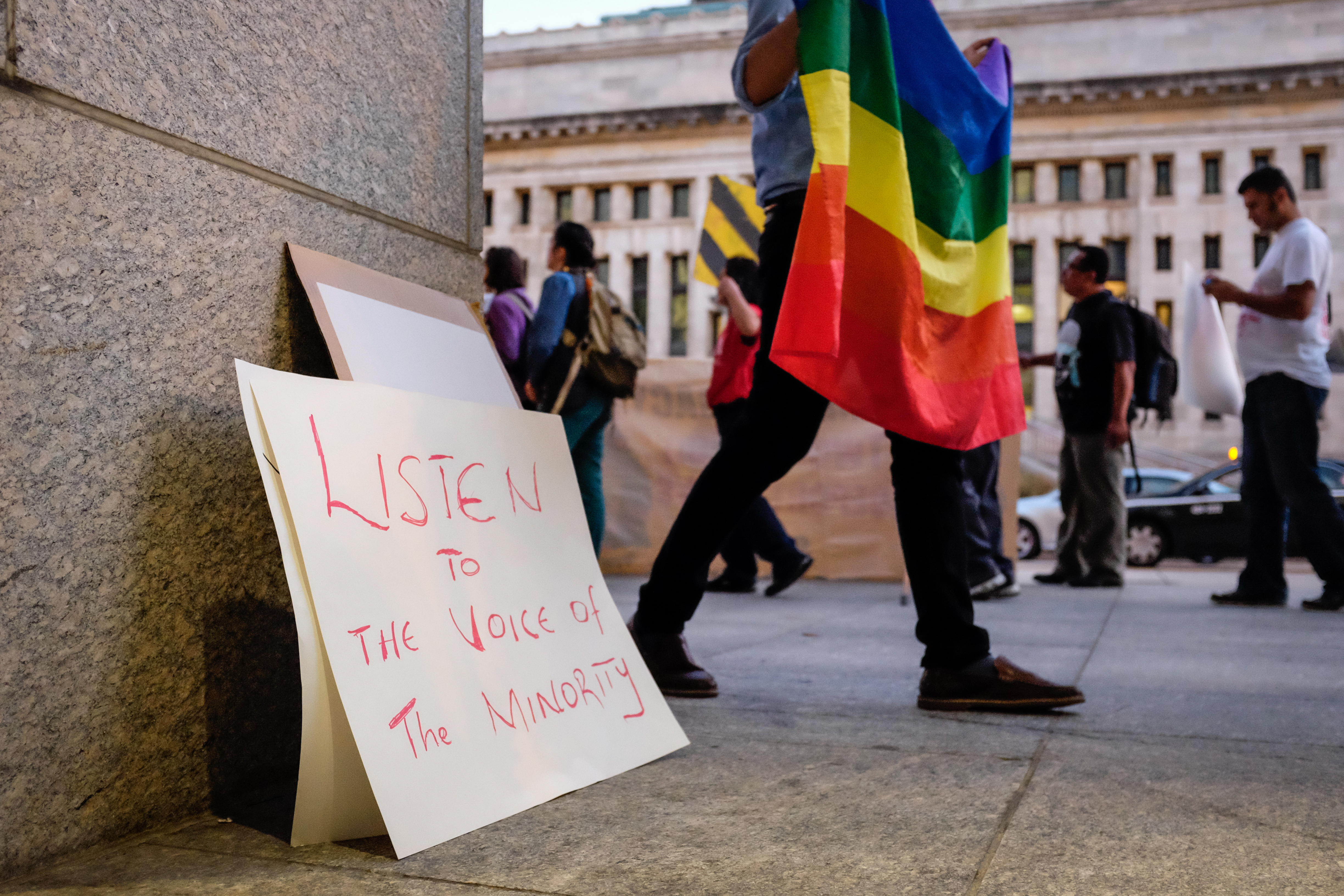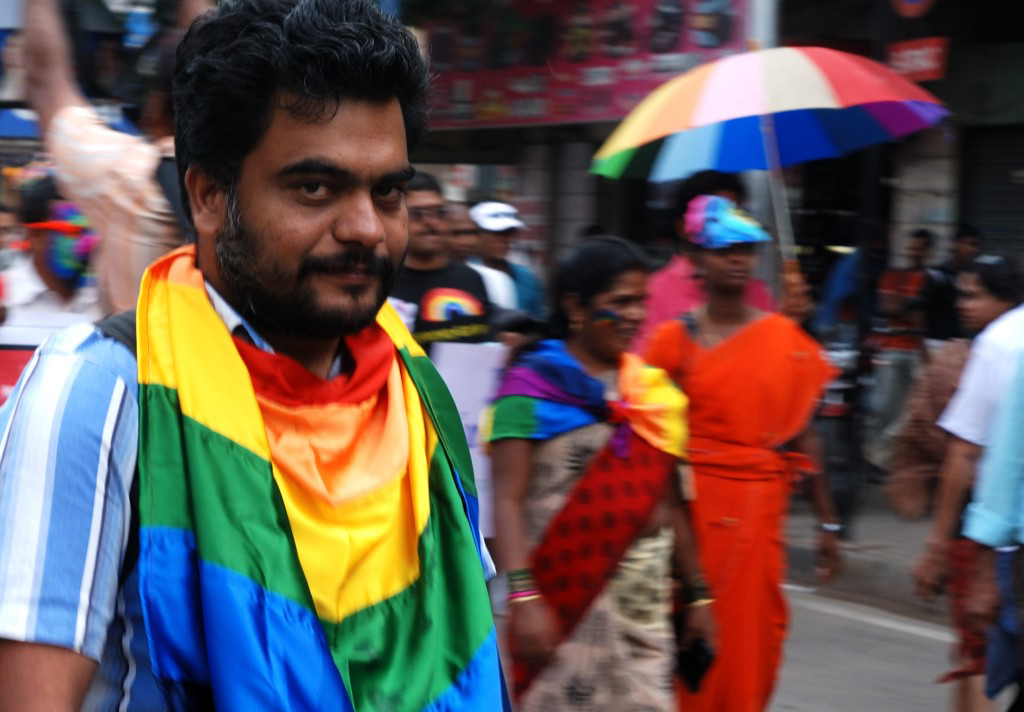Violent extremism is the topic du jour, as government officials are busy developing plans of action on “preventing or countering violent extremism” (P/CVE). In these plans there is dutiful reference to engaging “women”. The more progressive mention gender sensitivity.
But scratch the surface, and it is clear there is widespread misunderstanding of what this means or how to do it. So they tend to slide back into an age-old axiom: women are victims, perpetrators, or mothers.
But this perception misses some of the most important women involved in P/CVE: women human rights defenders and peace activists working in Iraq, Pakistan, Syria not only countering extremism but providing positive alternatives and challenging state actions.
The simplification of women to victims and perpetrators is akin to the virgin/prostitute dichotomy that has littered history for centuries. The Yazidi girls epitomize the horrendous victimhood of women, while the teenagers in the UK joining ISIS, and the girls implicated as Boko Haram ‘suicide’ bombers, personify the perpetrator. It seems that, in the male-dominated world of security experts, men determine which women matter.
Their real fascination is with the women fighters especially ‘jihadis’. They are either evil because they have transgressed unsaid but deeply riven norms of femininity and joined ISIS. Or they are the ultimate symbols of self-empowerment, brave enough to fight, and heroic, like the women in the Kurdish militias. Yet women becoming fighters is neither news nor shocking.
Throughout history, a minority of women have joined armed liberation movements (and national armies). Like many men, they are attracted by the larger cause or vision, or for revenge and justice (as with some Kurds and now Yazidis), to feel the sense of belonging and protection. Daesh promises respect, agency and responsibility for women feeling stifled in traditional homes.
There is little discussion of the complexity of women’s experiences who may be simultaneously victims and perpetrators. For example, research on young women (many under 18) traveling to Syria, reveals a strong dose of online sexual grooming in the communications between them and their recruiters.




